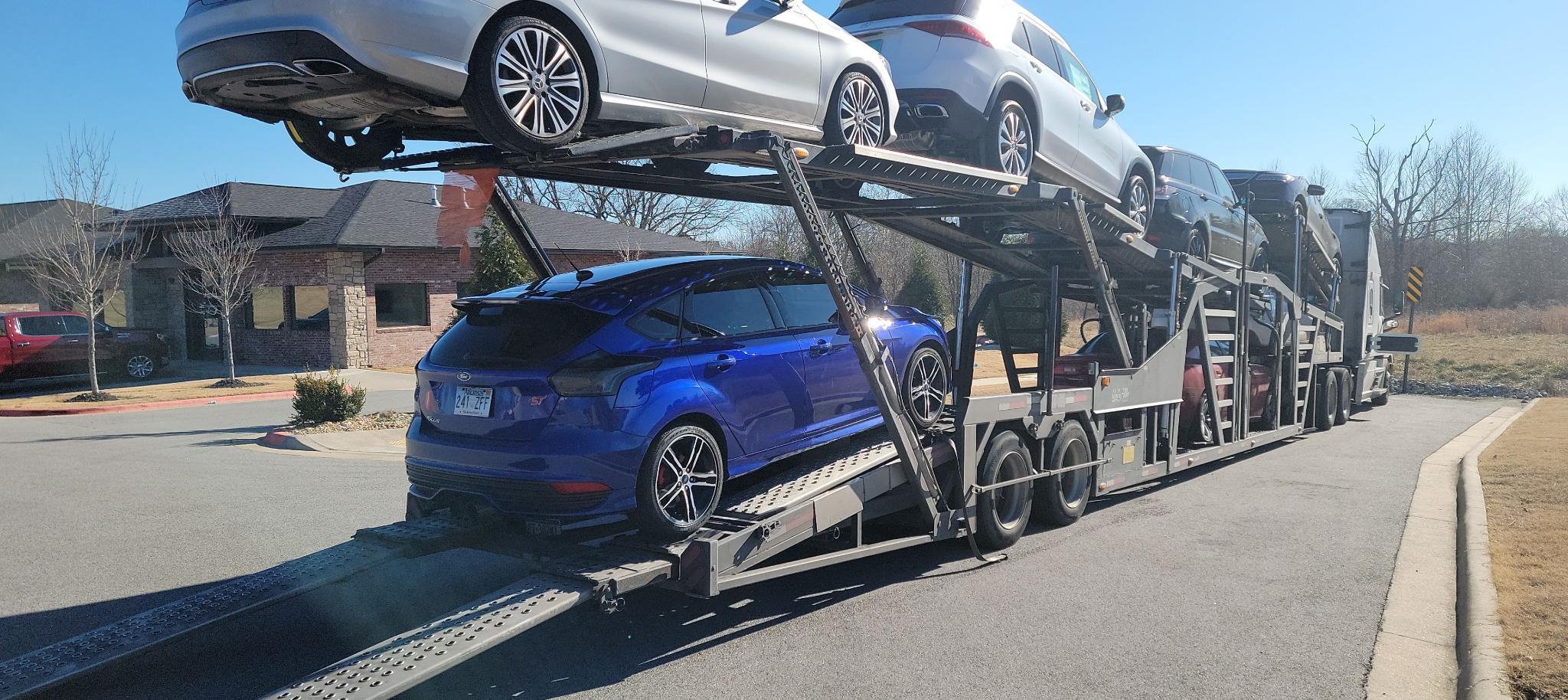Vehicle modifications are more popular than ever. From performance upgrades and cosmetic enhancements to tech add-ons and comfort improvements, car owners are constantly looking for ways to personalize their ride. But before investing in aftermarket upgrades, it’s important to understand how modifications impact your vehicle’s resale value.
Depending on the type, quality, and purpose of the modification, it can either boost your car’s worth or significantly reduce its value. This comprehensive guide explains how different upgrades affect resale, the factors buyers consider, and how to choose value-adding modifications wisely.
Do Car Modifications Increase or Decrease Value?
The impact of modifications on value depends largely on buyer preference, market demand, installation quality, and whether the modification enhances performance or complicates ownership. Some upgrades attract the right buyer and increase value, while others scare buyers away or suggest misuse, lowering value.
If you want a quick estimate of what your car is worth before or after modifications, use a car value calculator for a baseline assessment.
Modifications That Increase Your Car’s Value
Not all upgrades hurt resale value. When done correctly, the following modifications can add appeal, modernize your vehicle, and make it more desirable in the market.
1. OEM-Approved or Factory-Style Upgrades
Manufacturers often offer approved accessories or performance packages that retain compatibility with the car’s mechanical systems.
Because these upgrades meet factory standards, they are considered reliable and usually retain value.
Examples:
Manufacturer performance packages
Factory navigation or infotainment upgrades
OEM-approved wheels or suspension kits
These upgrades appeal to buyers who want enhancements without the risk of aftermarket parts.
2. Technology Enhancements (Safety & Convenience)
Modern buyers value vehicles with up-to-date tech. Adding features that improve safety and comfort can justify a higher asking price.
Value-adding tech upgrades include:
Backup cameras & parking sensors
Blind-spot monitors
Apple CarPlay & Android Auto units
Remote start systems
Premium audio upgrades
These are practical improvements that most buyers want, especially if professionally installed.
3. Professional Suspension Improvements
Moderate suspension upgrades, such as high-quality shocks, struts, or modest leveling kits, can improve handling and ride quality. However, they should focus on comfort or stability, not extreme stances or racing setups.
A well-balanced suspension system is often appreciated by buyers and can increase marketability.
4. High-Quality Performance Enhancements
Performance modifications that improve engine longevity or efficiency can increase value when done responsibly.
Examples:
Cold air intake
Cat-back exhaust (not excessively loud)
ECU tuning from reputable brands
Upgraded brakes
The key: quality parts + professional installation + proper documentation.
5. New Wheels & Tires (Moderate & Tasteful)
A good set of wheels with quality tires can modernize the look of your car and improve drivability.
Stock-sized or slightly larger wheels tend to add value because they maintain ride comfort and safety.
Avoid oversized or extreme wheel setups, they hurt resale.
Modifications That Decrease Your Car’s Value
Some modifications can seriously harm resale value, limit your buyer pool, or make your car seem over-used, unsafe, or unreliable.
1. Extreme Engine Tuning or High-Performance Builds
Aggressive tuning and engine modifications suggest hard driving, track use, or potential mechanical issues.
Buyers looking for reliability usually avoid highly modified engines.
Value-dropping examples:
Turbo or supercharger conversions
Nitrous systems
Aggressive ECU maps
Racing headers
These upgrades may excite enthusiasts but significantly limit buyer interest.
2. Loud Exhaust Systems
While a mild exhaust upgrade can add value, excessively loud systems tend to:
Annoy buyers
Break local noise regulations
Suggest aggressive driving
Most used-car shoppers want comfort, not a race-car sound.
3. Extreme Suspension Modifications
Lowering a vehicle too much, installing stiff racing coilovers, or creating a “stance” look can dramatically lower resale value.
Why?
Compromised ride quality
Uneven tire wear
Safety concerns
Insurance complications
Custom suspension setups appeal to a very small group of buyers.
4. Over-Customized Bodywork
While tasteful cosmetics can increase appeal, too much customization reduces desirability.
Value-lowering examples:
Widebody kits
Unusual paint colors
Heavy vinyl graphics
Aftermarket spoilers or wings
Non-factory body conversions
Custom aesthetics appeal to your taste, not the general market.
5. Cheap Interior Modifications
Interior personalization can quickly make your car look cluttered or poorly maintained.
Avoid:
Colored LED interior strips
Racing seats in daily vehicles
Dashboard stickers
Steering wheel swaps
Low-quality infotainment units
These distract buyers and suggest neglect or misuse.
Factors Determining Whether a Modification Adds or Reduces Value
A modification’s impact depends on more than just the part installed. Consider these key factors:
1. Parts Quality
High-end brands and OEM-approved accessories increase trust.
Cheap or unknown brands decrease value.
2. Installation Quality
Professional installation ensures:
Correct alignment
Safety
Warranty protection
Better performance
DIY modifications often reduce value.
3. Market Demand
A modification that appeals to a wide buyer audience increases value.
Niche mods appeal only to a small group.
4. Documentation & Maintenance Records
Always keep:
Invoices
Tuning details
Warranty documents
These increase buyer confidence and help you get a fair car value online estimate when selling.
5. Mileage & Condition
Even with good mods, mileage affects your car’s value more significantly.
A heavily modified, high-mileage car often scares buyers more than a stock, high-mileage vehicle.
How to Maximize the Car’s Value if It Has Modifications
If your car is modified, follow these steps to increase your selling price:
✔ Keep all stock parts
Buyers may want to revert the vehicle back to factory condition.
✔ Maintain professional service history
Oil changes, tune-ups, and inspections show responsible ownership.
✔ Avoid extreme customizations
Keep modifications tasteful and practical.
✔ Get a pre-sale inspection
A mechanic’s report builds trust.
✔ Understand what buyers want
For example:
SUV buyers prefer safety tech
Truck buyers prefer tow upgrades
Sports car buyers prefer mild performance tuning
Best Modifications to Boost Value
If your goal is resale value, not personal preference, stick to upgrades like:
OEM-approved improvements
Safety tech add-ons
Premium tires
Mild suspension upgrades
High-quality infotainment systems
These appeal to the majority of used-car shoppers.
Worst Modifications for Resale Value
Avoid modifications that:
Compromise comfort
Imply aggressive driving
Reduce safety
Make the car hard to insure
Moderation is key.
FAQs About Car Modifications & Value
1. Do modifications always reduce resale value?
No. Practical, modern, and OEM-approved upgrades often increase value.
Extreme performance or cosmetic mods, however, usually hurt resale.
2. Which modifications increase a car’s value the most?
Safety technology
Infotainment upgrades
OEM accessories
Quality wheels and tires
These increase appeal without affecting reliability.
3. Do performance upgrades increase value?
Only mild, professionally installed, high-quality performance mods may add value. Extreme tuning often lowers value and reduces your buyer pool.
4. Should I remove my modifications before selling?
If the modification is niche, extreme, or cosmetic, reverting to stock increases appeal.
But tech upgrades or safety features should stay.
5. How do I know the value of my car after modifications?
Use a trusted car’s value online evaluation tool, then adjust the estimate based on:
Parts quality
Installation
Demand
Current condition
A professional appraisal helps too.
6. Do modifications affect insurance?
Yes. Insurance companies may increase premiums or deny coverage for:
Engine tuning
Suspension drops
Racing components
Always report modifications to your insurer.
7. Should I disclose modifications when selling?
Absolutely. Transparency builds trust and protects you from liability.
Final Thoughts
Modifying your car can be exciting, but not all upgrades pay off.
To protect resale value:
Choose high-quality, practical upgrades
Avoid extreme modifications
Document all work
Understand what most buyers want
If you’re planning to sell soon, review a car selling checklist and evaluate how your modifications influence what affects your car’s value the most.



